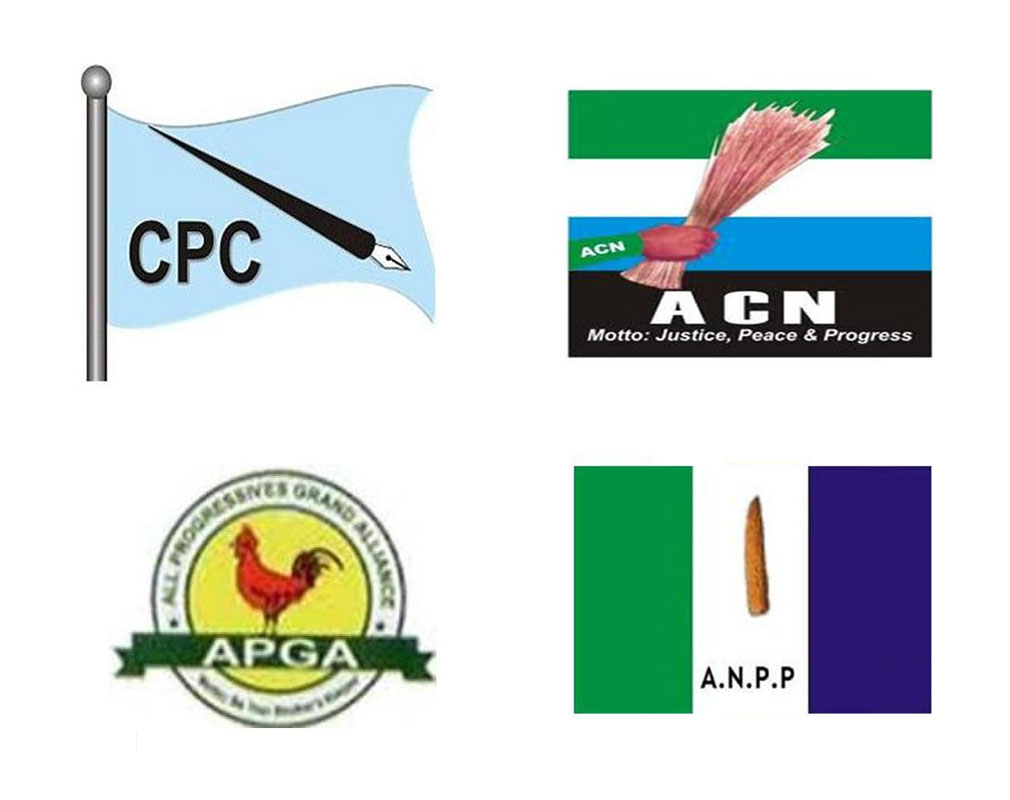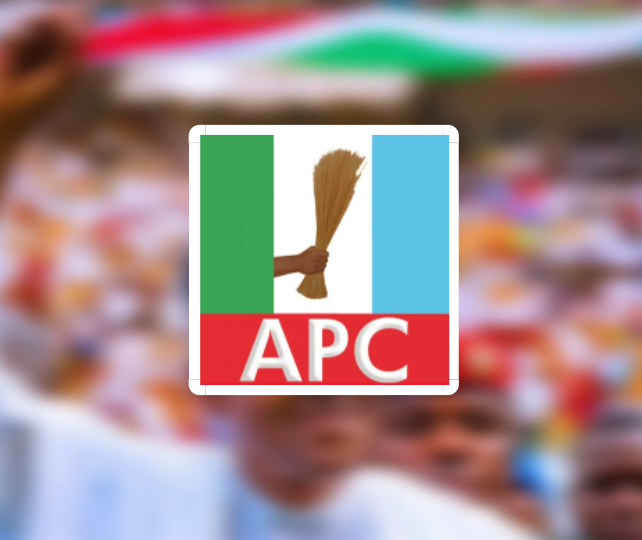The All Progressives Congress (APC) has become one of the most consequential political parties in Nigeria’s modern democratic history. It was formed in 2013 as a coalition of major opposition parties to change the trajectory of Nigerian politics; APC achieved this goal when it unseated the then-ruling People’s Democratic Party (PDP) in 2015, a historic first.
But beyond electoral victories, what does the APC stand for? What conditions led to its formation? And how has it shaped governance and political expectations in Nigeria? PoliGuard explores the APC’s origin, ideological foundations, policy direction, and impact on Nigeria’s political evolution.
The Origin: The Mega-Merger That Made History
Before 2013, Nigeria’s opposition parties were fragmented and too weak as individuals to challenge the almighty PDP’s dominance. However, growing public frustration with insecurity, insurgence, unemployment, corruption and poor infrastructure created a demand for a viable alternative.


In response, the following four major opposition parties
- Action Congress of Nigeria (ACN)
- Congress for Progressive Change (CPC)
- All Nigeria Peoples Party (ANPP)
- And a faction of the All Progressives Grand Alliance (APGA)
… joined a strategic coalition to form the All Progressives Congress (APC). The merger was unprecedented in Nigeria’s Fourth Republic, symbolising a united front for democratic change; at least that is what it appeared to be.
Ideology: Progressive Conservatism or Populism?
Despite describing itself as a “progressive” party, the APC’s policies have been largely grounded in centre-right and conservative governance for the last eight years, somewhat contrary to their 2023 manifesto of being right-wing neoliberalism.
Key ideological pillars from its 2015 manifesto include:
- A market-driven economy with infrastructure-led job creation
- Zero tolerance for anti-corruption and accountability as a moral duty
- National security through military expansion, intelligence reform, and modern equipment
- Federalism and revenue decentralisation to empower states and local government
- Promotion of individual enterprise over state dependency
Though the term “progressive” is in its name, critics argue the party often takes a pragmatic rather than ideological approach, blending populism with conservative leanings.
Breaking the PDP Stronghold: 2015 and Beyond
The APC’s defining moment came in 2015 when it defeated the incumbent PDP. Muhammadu Buhari, the party’s presidential candidate, campaigned on three pillars:
- Security
- Anti-corruption
- Economy (Jobs & Infrastructure)
This message resonated with Nigerians disillusioned by years of political stagnation. Buhari’s military background gave him confidence in tackling the Boko Haram insurgency, and the APC’s strong media messaging galvanised widespread youth and northern support.
Policy Focus: Infrastructure, Jobs, and Social Safety Nets
The APC 2023 manifesto laid out an ambitious development plan:
- 3 million jobs per year through public works and industrialisation
- Establishment of the Build Nigeria Agency for infrastructure rollout
- Expansion of police and military for internal security
- Free education and healthcare access for the vulnerable
- Social Security payments for 25 million poor Nigerians
- Support for agriculture, local refining, and tech hubs
While some of these policies saw partial implementation in the past APC administration, progress has often been hindered by bureaucracy, recession shocks, and global crises (like COVID-19) besides internal politics.
Challenges and Criticism
Despite its groundbreaking start, APC’s governance record has attracted praise and scrutiny respectively.
Critics cite:
- Incomplete anti-corruption reforms
- Rising inflation and currency instability
- Centralised decision-making within the party structure
- Internal party crises and shifting political alliances
Supporters, however, point to:
- Major infrastructure projects (railways, roads, bridges)
- Tackling insecurity with new weapons, training, and cooperation with neighbouring countries
- Efforts to digitise governance and expand social welfare schemes
Conclusion: APC’s Role in Shaping Modern Nigeria
APC’s victory in the 2015 general election is a turning point in Nigeria’s democratic evolution. By demonstrating that opposition coalitions could unseat entrenched power, it renewed hope in competitive politics.
As Nigeria looks toward future elections, APC’s continued relevance will depend on how well it evolves its policies, addresses internal fractures, and delivers on its promises. There are mixed feelings about the party’s promise to Nigerians in the coming election based on their perception of Buhari’s administration.
The road ahead is uncertain, but whatever happens after 25 February 2023, APC has undoubtedly left an indelible mark on Nigeria’s political history.




